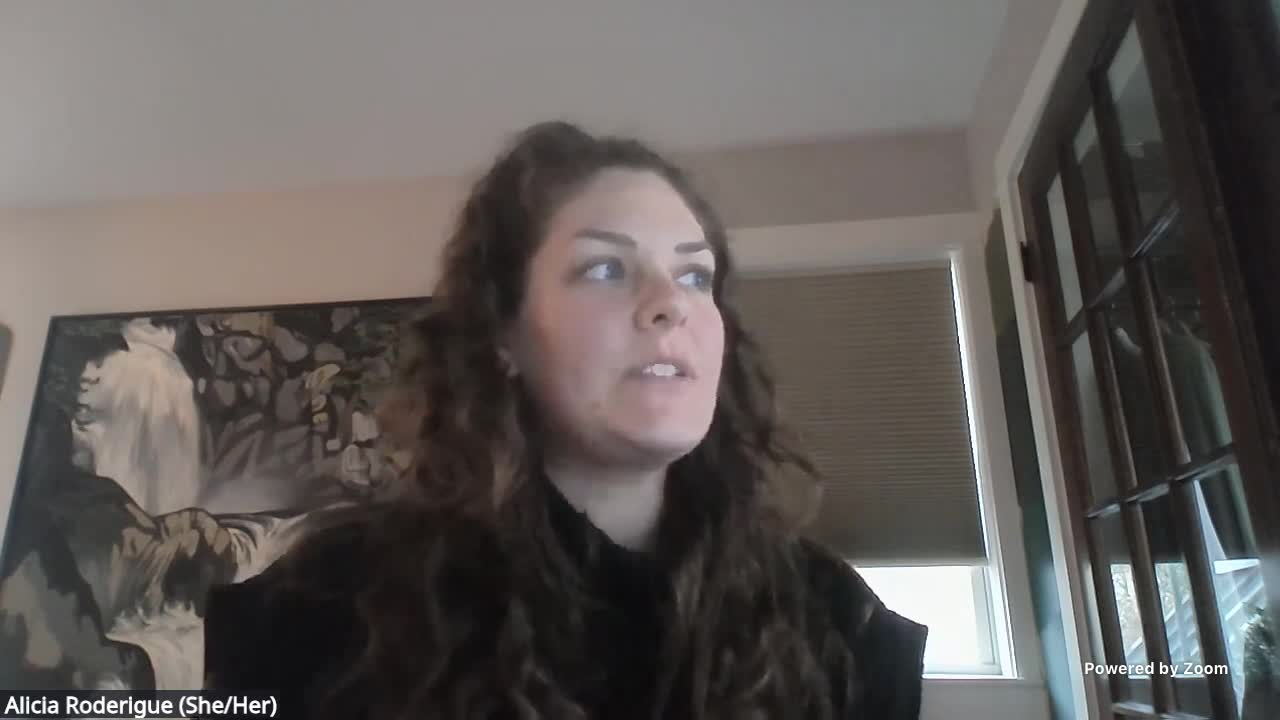Office of the Health Care Advocate warns HR1 will narrow Medicaid and premium‑tax‑credit access for many noncitizens
Get AI-powered insights, summaries, and transcripts
Subscribe
Summary
Office of the Health Care Advocate told the committee HR1 and related federal rule changes will narrow adult Medicaid immigration-status exceptions starting Oct. 1, 2026, and restrict advanced premium tax credit access in 2027; advocates urged targeted outreach and advised Vermonters to use existing programs.
State health advocates briefed the Agriculture, Food Resiliency & Forestry Committee on how federal changes under HR1 and related rules will alter eligibility for Medicaid and premium tax credits for noncitizen Vermonters.
Alicia Rodrigue of the Office of the Health Care Advocate told the committee that, as of Oct. 1, 2026, adult Medicaid eligibility tied to immigration status will narrow significantly. "The only individuals who are going to have a qualifying immigration status for this benefit are going to be individuals who are lawful permanent residents who have had that status for five years," she said, adding limited exceptions for certain Cuban and Haitian entrants and migrants from COFA nations.
Rodrigue stressed that these changes apply to adult Medicaid and do not affect Dr. Dynasaur, Vermont’s Medicaid‑like coverage for children and pregnant people, nor the Immigrant Health Insurance Program (IHIP) set up in 2022. "IHIP is essentially a Dr. Dynasaur lookalike program for those in Vermont who do not have a lawfully residing immigration status," she said.
The advocates also warned that elimination of the enhanced premium tax credits will recreate income cliffs and that removal of repayment caps on advanced premium tax credits will expose people with volatile incomes to large reconciliation bills. Mike Fisher, the healthcare advocate, said the change "makes it super important" that people accurately report income and that the Office of the Health Care Advocate can provide strategies, such as taking a smaller advance credit or consulting before estimating income.
Presenters gave preliminary impact numbers for Vermont: they said roughly 200 Vermonters in some estimates will lose eligibility for certain credits or protections under narrow criteria, while other estimates the committee cited put that number closer to 600; advocates said they are still analyzing. They repeatedly emphasized that the rules are complex and urged outreach and educational webinars for seasonal and agricultural workers, with special attention to H‑2A workers who may lose access to advanced premium tax credits in 2027.
Rodrigue also noted Act 119, which expanded hospital financial assistance, provides another route for qualified Vermonters to receive help regardless of immigration status and encouraged providers and communities to connect people to that resource.
Advocates asked the committee to help disseminate accurate information and suggested partnerships with rural providers and organizations that already conduct outreach. Committee members asked to receive clear income eligibility charts and asked the presenters to return for a longer briefing.
